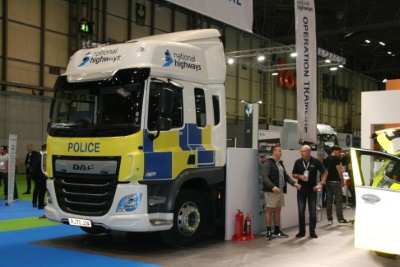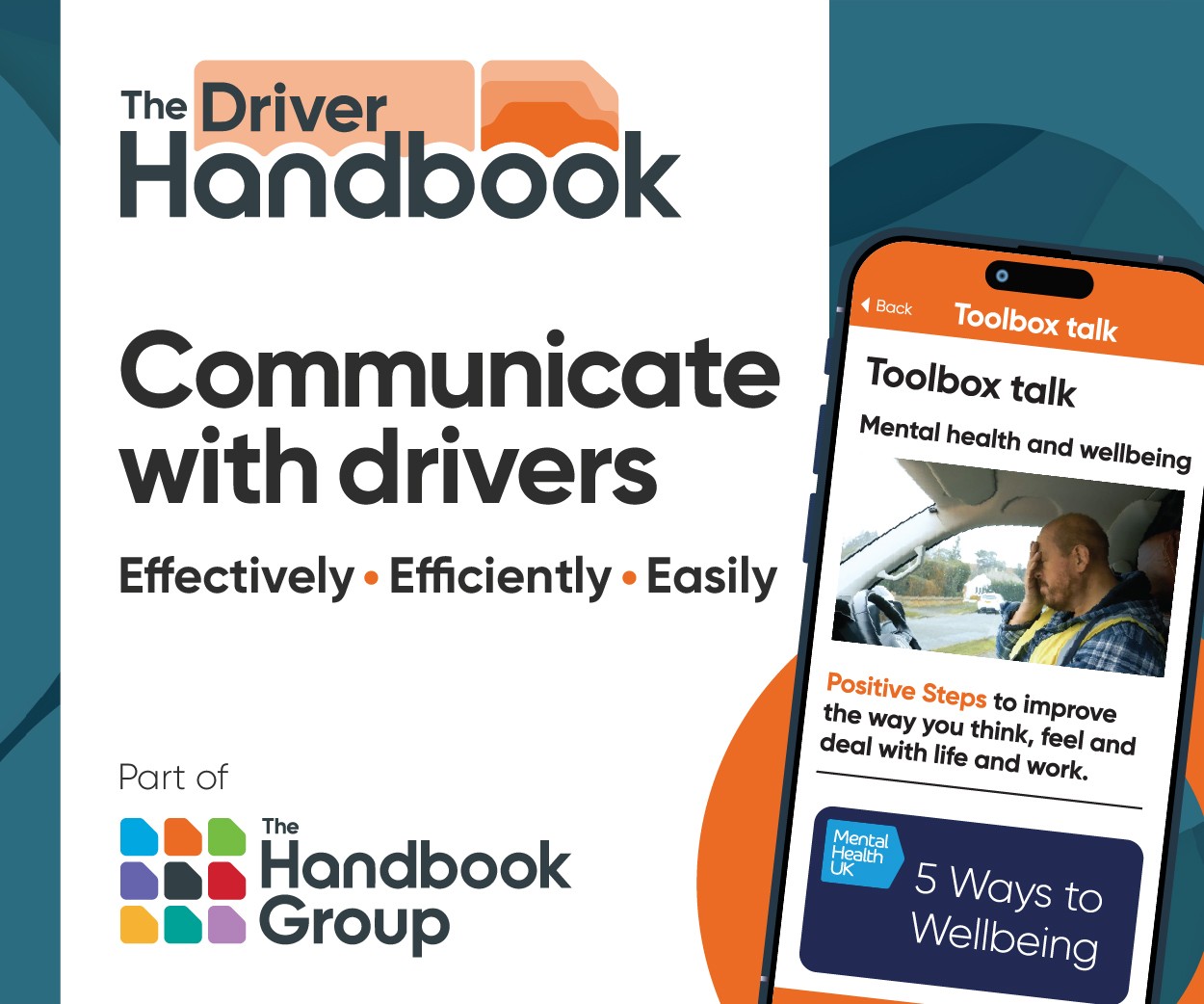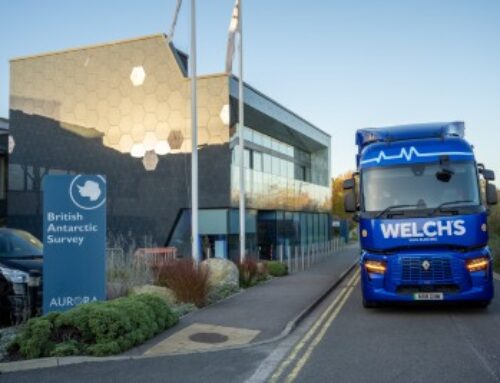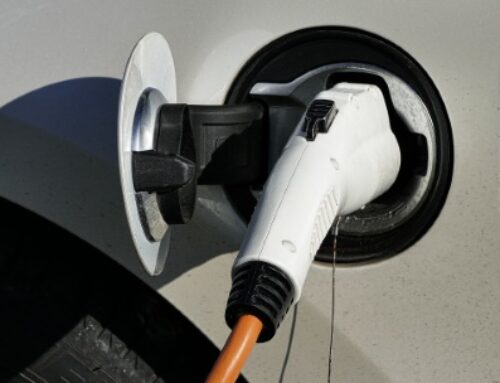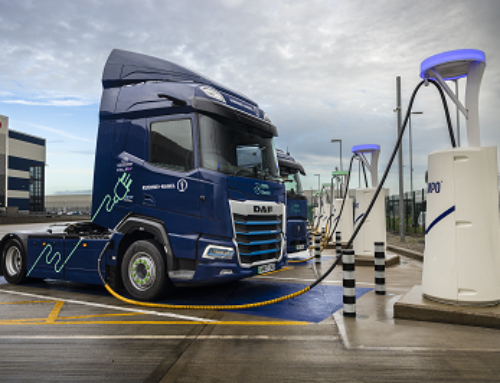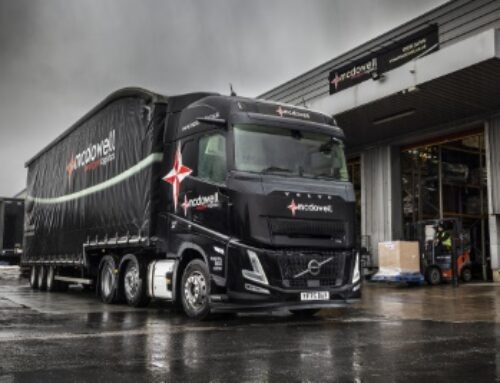National Highways ‘cabs’ deter drivers behaving badly
Mark Cartwright, head of commercial vehicle incident prevention at National Highways, explained the role of his fleet of so-called ‘cabs’ at the recent Microlise Transport Conference – tractor units operated by the police to catch driving offences that would otherwise be missed by conventional patrols, in a project known as Operation Tramline.
The tractors have disabled speed-limiters, enabling them to overtake commercial trucks on the motorway, and 360-degree cameras. In addition, a police officer in the tractor’s air-suspended passenger seat has a GoPro camera on a stick to gather evidence.
A two-sided sign was carried. One side reminded drivers to use their seatbelts and the other side simply said ‘Put your phone down!’
In eight years, Operation Tramline had stopped 32,916 vehicles, with 35,928 offences detected. Phone use and failure to wear a seatbelt were the most common offences, but the most unusual were a driver enjoying a gourmet meal of lasagne and garlic bread, eaten with a knife and fork off a plate while at the wheel at 56 mph, and another driver letting two parrots fly around the inside of the cab!
Forty per cent of stops were of trucks, with vans and cars split 30/30 to make up the reminder. Most truck drivers were contrite and admitted their wrongdoing, while van and car drivers often sought to deny of justify their illegal behaviour. A stop, usually undertaken by marked police patrols following the ‘cab’, didn’t necessarily mean a prosecution: drivers could be issued with fixed penalties or given ‘words of advice’.
Operation Tramline’s main role was as a deterrent, and Mr Cartwright said he had no problem with the fact that within an hour of deploying a ‘cab’ on a route, word had spread and offending behaviour among truck drivers stopped.


